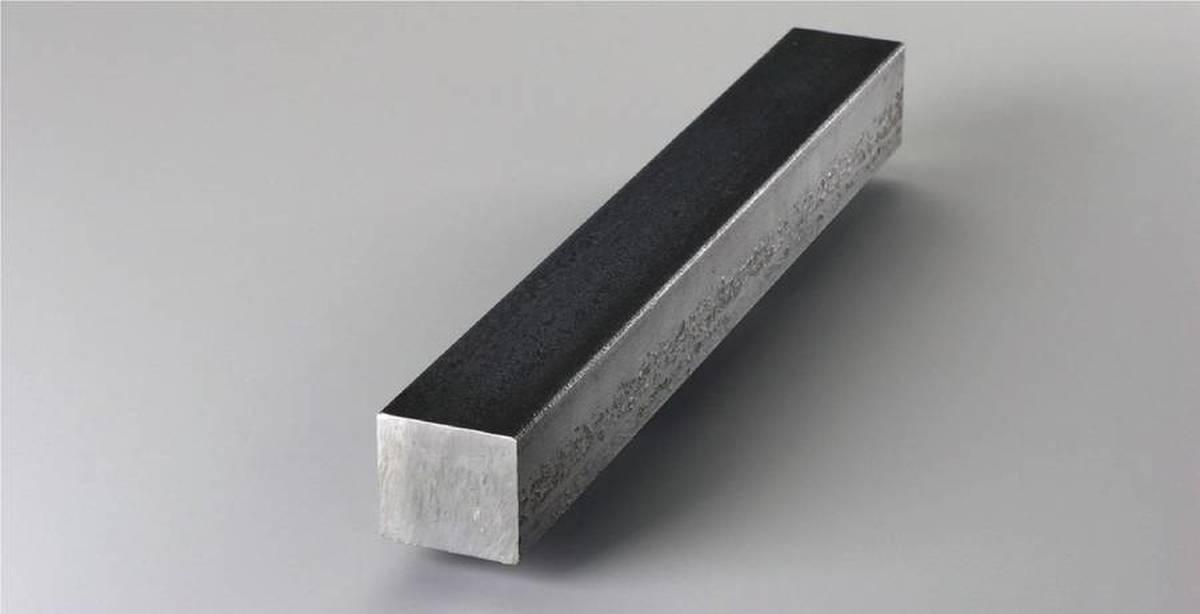Notifications

8 minutes, 22 seconds
-451 Views 0 Comments 0 Likes 0 Reviews

Aluminium bars are a fundamental material widely used across numerous industries due to their lightweight, durable, and versatile nature. Whether you are in the construction sector, the automotive industry, or engaged in DIY projects, aluminium bars offer a range of benefits that make them a preferred choice. This guide will delve into the properties, types, and diverse applications of aluminium bars, helping you understand why they are such a valuable resource.
One of the most significant advantages of aluminium bars is their low density. Aluminium is approximately one-third the weight of steel, making it an excellent option where weight reduction is critical. This property is particularly beneficial in industries like aerospace and automotive, where lighter materials can enhance fuel efficiency.
Aluminium bars naturally form a protective oxide layer when exposed to air, which makes them highly resistant to corrosion. This characteristic makes them ideal for use in environments prone to moisture, such as marine applications and outdoor structures.
Despite being lightweight, aluminium bars possess impressive strength. By alloying aluminium with other metals like magnesium, silicon, or zinc, manufacturers can enhance its strength and durability to suit various industrial applications.
Aluminium bars are excellent conductors of heat and electricity. They are often used in electrical applications and as heat sinks in electronics due to this property.
Aluminium is highly malleable, allowing it to be easily fabricated into different shapes and sizes. This property is essential for industries that require custom designs and precision components.
Aluminium is 100% recyclable without any loss of its natural properties. This makes aluminium bars an environmentally friendly choice, especially for companies focusing on sustainability.
Aluminium bars come in various shapes and sizes, each designed for specific applications. The most common types include:
Flat aluminium bars are rectangular in shape and are often used in construction, automotive components, and structural applications. Their flat surface makes them ideal for creating frames, brackets, and supports.
Round aluminium bars are cylindrical and commonly used in machining and manufacturing processes. They are perfect for applications like shafts, rivets, and rods.
Square aluminium bars are versatile and often used in architectural and decorative applications. Their uniform shape provides strength and aesthetic appeal.
Hexagonal aluminium bars are used in applications requiring precision and unique designs. They are often found in automotive and mechanical components.
Hollow aluminium bars, or tubes, are lightweight yet strong. They are extensively used in industries like aerospace, furniture, and piping systems.
Aluminium bars are incredibly versatile and find applications in a wide range of industries. Here are some of the most common uses:
In the construction sector, aluminium bars are widely used for structural components, roofing, windows, and doors. Their corrosion resistance and lightweight nature make them ideal for both residential and commercial buildings.
The automotive industry relies on aluminium bars for manufacturing lightweight and durable parts such as engine components, chassis, and wheels. Using aluminium helps improve fuel efficiency and reduces vehicle emissions.
Aluminium bars play a crucial role in the aerospace industry due to their lightweight and high-strength properties. They are used in aircraft frames, wings, and engine components to ensure efficiency and performance.
Aluminium's excellent electrical conductivity makes it a popular choice for electrical wiring, busbars, and other components in power transmission and distribution systems.
Due to their resistance to corrosion, aluminium bars are often used in marine environments. Common applications include shipbuilding, offshore platforms, and other equipment exposed to saltwater.
Aluminium bars are used to create lightweight and stylish furniture. Their durability and malleability make them suitable for modern and industrial furniture designs.
For hobbyists and DIY enthusiasts, aluminium bars are an accessible and versatile material. They are easy to cut, shape, and weld, making them ideal for home projects like shelving, frames, and decorative items.
Aluminium bars are widely used in electronics as heat sinks to dissipate heat from components like CPUs and power transistors. Their thermal conductivity ensures efficient heat management.
Aluminium bars offer several advantages over other materials. Here are some key benefits:
Cost-Effective: Aluminium is relatively affordable compared to other metals like copper or stainless steel.
Low Maintenance: The corrosion resistance of aluminium reduces the need for frequent maintenance.
Eco-Friendly: Being 100% recyclable, aluminium bars are an environmentally sustainable choice.
Customizable: Their malleability allows for easy customization to meet specific requirements.
Availability: Aluminium bars are readily available in various shapes, sizes, and grades to suit different applications.
When selecting aluminium bars for your project, consider the following factors:
Application: Identify the purpose and requirements of your project. For structural applications, strength and durability are critical, while for decorative purposes, appearance might be more important.
Grade: Aluminium bars come in various grades, each with specific properties. For example, 6061 aluminium is known for its strength and corrosion resistance, while 7075 aluminium offers higher strength for demanding applications.
Size and Shape: Choose the appropriate shape and size based on your project’s needs. Flat bars may be ideal for frames, while round bars are better for shafts.
Budget: Aluminium bars are cost-effective, but prices can vary depending on the grade and size. Consider your budget without compromising on quality.
Aluminium bars are an indispensable material across numerous industries, offering a unique combination of lightweight, strength, and versatility. Whether you need them for construction, automotive, aerospace, or DIY projects, aluminium bars provide a reliable and cost-effective solution. Their recyclability and corrosion resistance further enhance their appeal, making them an environmentally friendly choice.
By understanding the properties, types, and applications of aluminium bars, you can make informed decisions for your projects and ensure optimal results. With their unmatched benefits and adaptability, aluminium bars will continue to play a vital role in shaping the future of various industries.

